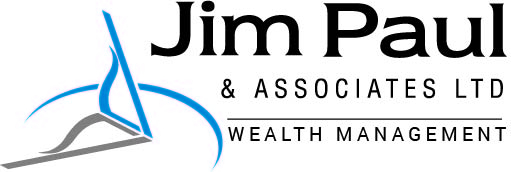It’s important you understand what the tax breaks are and whether they really matter to you before you decide to use your ISA allowance for investing.
You don’t pay any capital gains tax (CGT) on gains made within an ISA – great if you exceed the £12,000 annual CGT allowance.
You don’t have to pay tax on any dividend income on shares held in a stocks & shares ISA
There are two ways you make money from investing. One is when the shares increase in value and then you reap a profit when you sell them. The other is when they pay dividends. Dividends are a bit like interest on a savings account. If a company makes a profit, it gives some of it back to you – it could be on a regular basis or as a one-off. And just as you have a personal savings allowance for interest on savings, you also have a dividend allowance each tax year where the first £2,000/year is tax-free. Earn more than this and you’d need to notify HM Revenue & Customs. Any dividends received above this allowance will be taxed – at 7.5% for basic-rate taxpayers, 32.5% for higher-rate taxpayers and 38.1% for additional-rate taxpayers. However, dividend income received on shares held in a stocks & shares ISA is tax-free. (Older investors may remember when there was a 10% tax deducted from dividends at source which couldn’t be reclaimed, which meant a stocks & shares ISA wasn’t quite tax-free – this was abolished in April 2016.)
You don’t pay any income tax on interest from corporate bonds in an ISA
With corporate bonds, instead of investing in a company’s success, you’re essentially lending money to it for a set time. In return, it’ll have to pay you interest. It isn’t risk-free, as there is the possibility it won’t give you the money back and/or won’t pay you interest. But the good news is that if you’ve got corporate bonds or bond funds within an ISA and they pay you interest, you don’t have to pay any tax on it.
If you’re investing in corporate bonds outside a stocks & shares ISA, it’ll fall under the remit of the personal savings allowance. This means basic-rate (20%) taxpayers will be able to earn £1,000 interest before having to pay tax on it, while higher-rate (40%) taxpayers will be able to earn £500 interest with no tax. Additional-rate (45%) taxpayers don’t get a tax-free allowance. Bear in mind that this allowance covers your normal savings interest in a bank as well as other forms of interest. You’ll owe tax on any interest earned above its limit.

